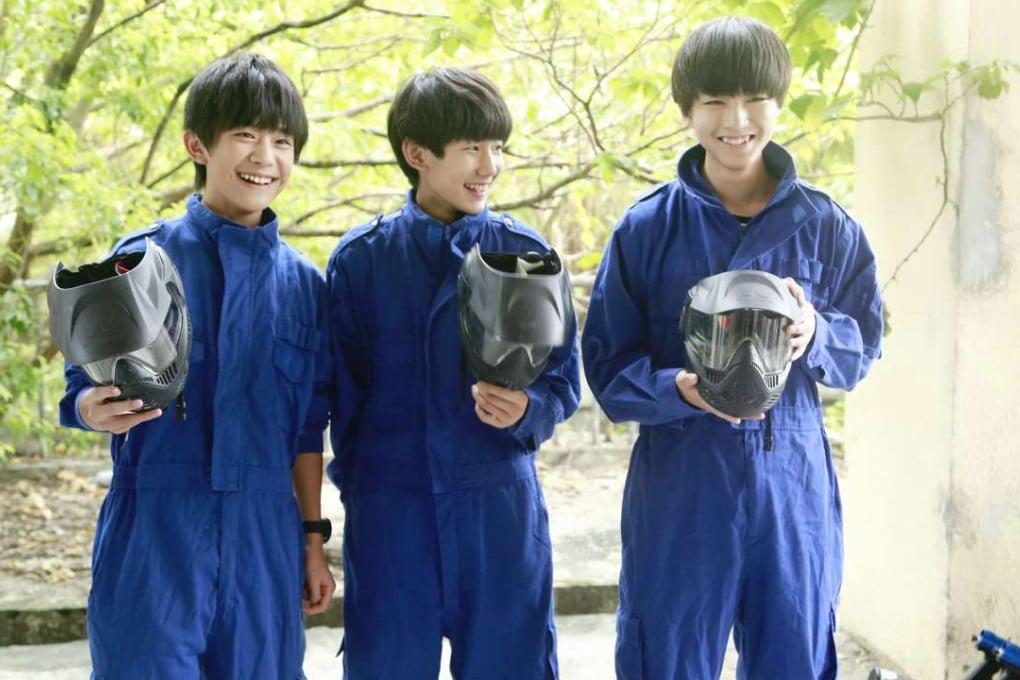TFBoys: the boyband bringing China’s dreams of soft power to life
Half a century since The Beatles took Britain’s image abroad on a magical mystery tour, a new crop of mop-topped musicians are at the forefront of another international charm offensive – meet China’s The Fighting Boys

With their mop-top haircuts, strange accents and off-the-wall sense of humour, they were initially dismissed by an American establishment who saw them as an oddball curiosity from overseas. A flash-in-the-pan pop sensation from a once-proud country struggling to regain relevance on the international stage.
Yet those young musicians, little more than boys, and their catchy jingles went on to become the most successful band in history, in the process not only revolutionising the world of pop music, but redefining its relationship to the worlds of culture, politics and power.
The success of the British band The Beatles remains a classic lesson in so-called soft-power – how countries can come to wield influence on the global stage through cultural exports rather than through economic or military means. The Beatlemania that swept the United States in the 1960s paved the way to American success for a host of other British acts from Dusty Springfield to The Rolling Stones in a cultural phenomenon that became known as the British invasion. The boost to a post-war country coming to terms with the loss of its empire was immense. Once again, Britishness was something to be proud of, aspired to and emulated. In short, it was cool.
Pakistan’s forbidden romance with Bollywood
More than half a century on, as Britain’s music industry continues to propel it to the top ranks of surveys such as the Soft Power 30, there are signs that another cultural revolution may be under way. But this time the mop-topped oddballs with a catchy tune hail from a country that has until now rarely bothered the top ranks of such surveys: China.

Meet The Fighting Boys. Karry Wang Junkai, Roy Wang Yuan and Jackson Yi Yang Qianxi are, to the legion of their adoring teenage fans, the John, Paul, George and Ringo of their day and among China’s biggest hopes to achieve its ambition of building a soft-power status befitting of its military and economic prowess.
That ambition was made explicit in 2011, when Beijing’s top legislative body listed it as a goal in the country’s five-year development plan (an overhang from the country’s past as a Soviet-style planned economy), but the effort has faltered along the years, beset by false glimmers. Now The Fighting Boys are at the vanguard of a collection of Chinese cultural acts gaining recognition far beyond the country’s once insular borders.
Pop singer Jane Zhang broke into the top 10 in the iTunes song chart last year, a first for a Chinese artist, while in the world of television, Betty Sun was nominated for an Emmy award for her role in the Chinese television drama Empresses in the Palace, which aired in the US on Netflix.